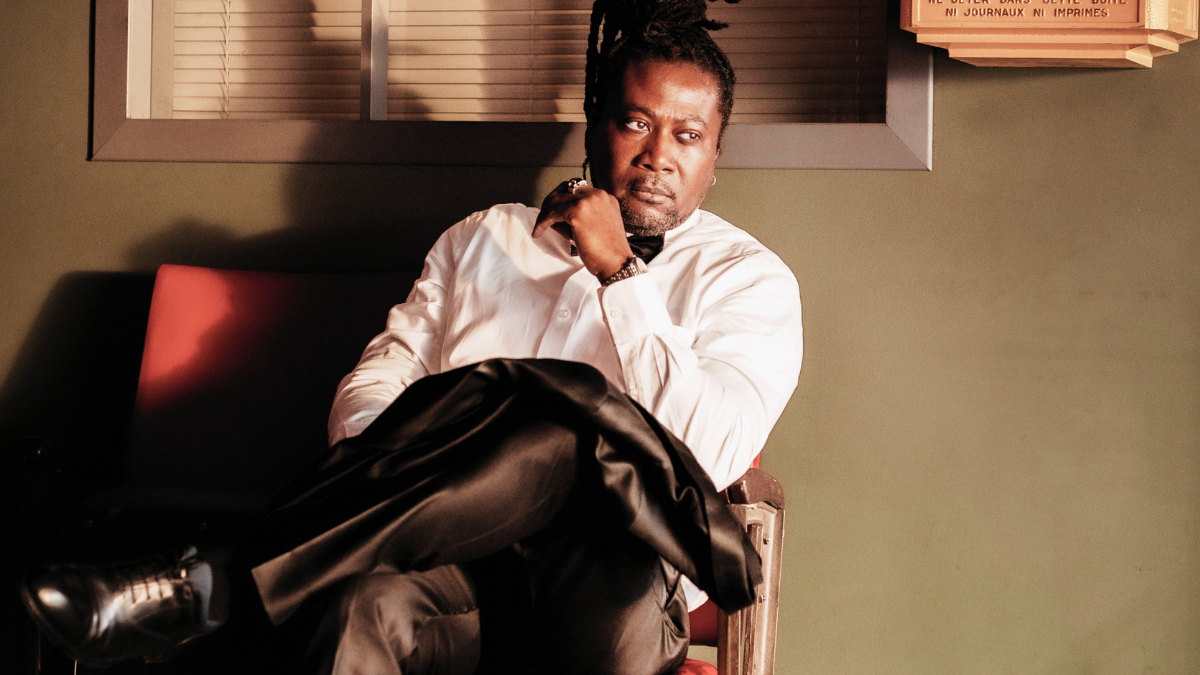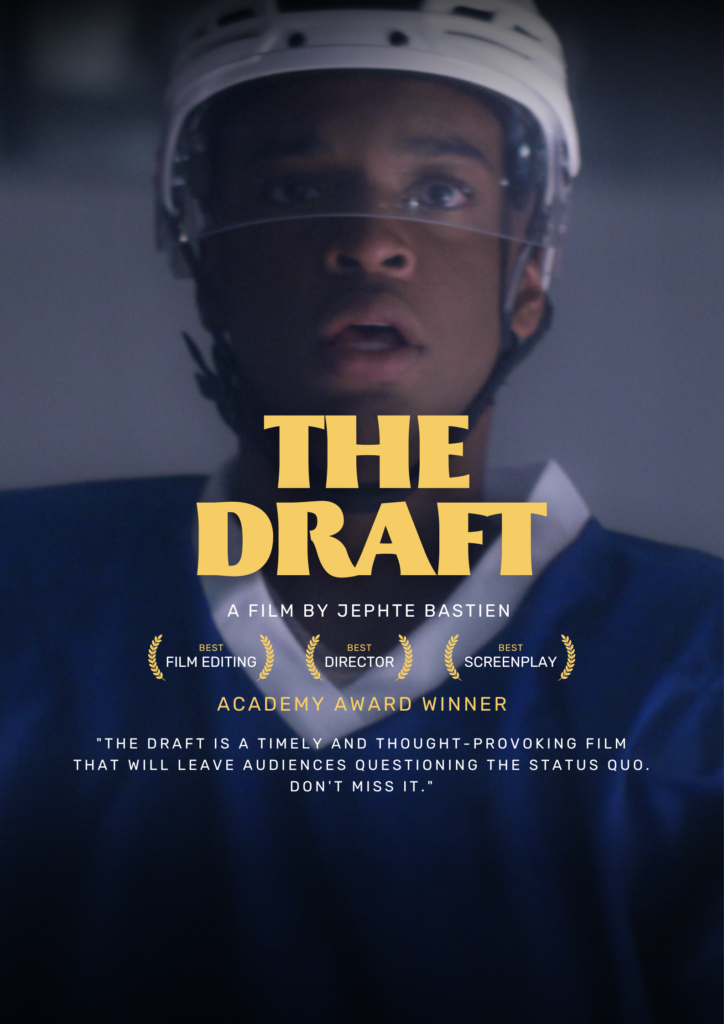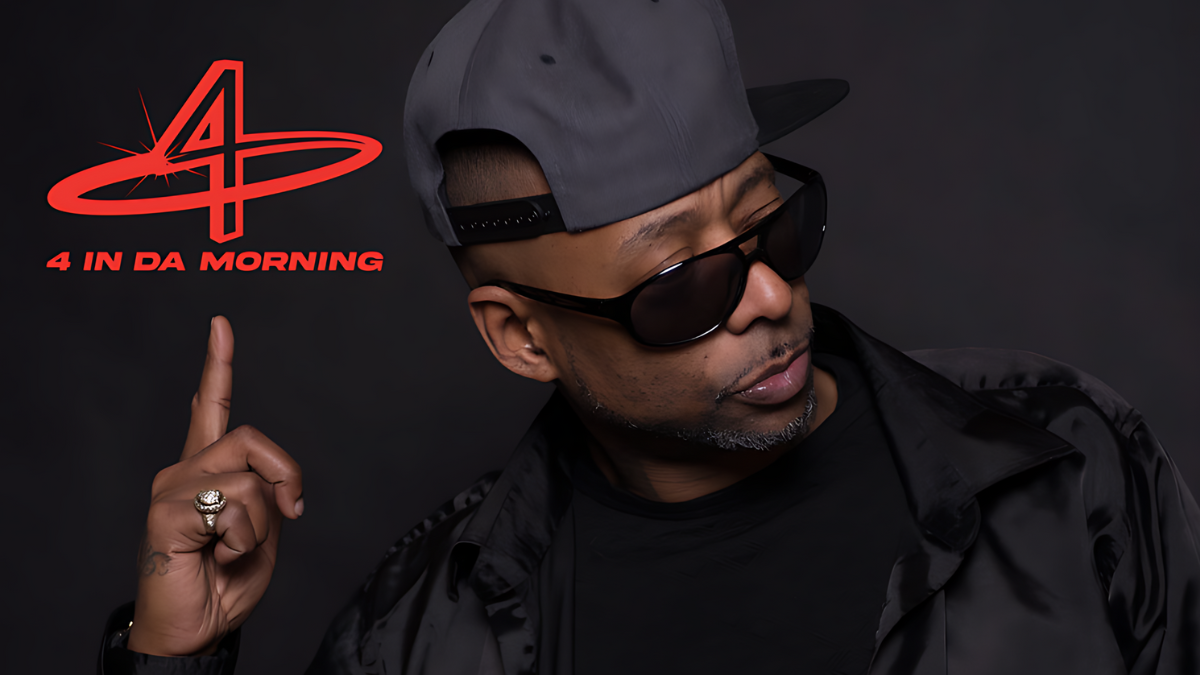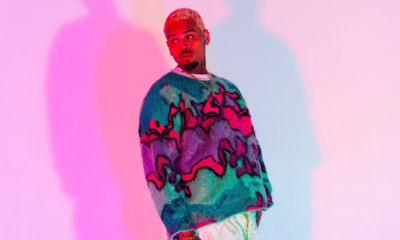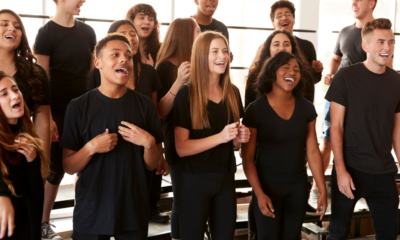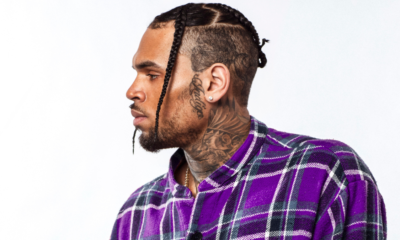Tell our readers about yourself, how long you have been practising and how you got into this profession.
Let me just say this. Life has its own gravitational pull and what we are, what we have passion for, you can fight those things in your life but your individual gravity will pull you back towards them just so that you can be balanced. I’ve always exceled at two things. One is academia. The second thing is the arts and entertainment, and I’ve had passion in both areas. So when it came time to go to university, I had to make a choice. I chose, if I can call it that, the “safe” route, the one I thought was the safer route to travel, [which was] the road of business finance. After three years on Bay Street, I decided enough was enough. It wasn’t who I was as an individual. I left my Bay Street job on a Friday and had my own office with two partners with whom I started our own entertainment law boutique on a Monday. You take risks in life. The key to success is to follow your passion. It may sound like a cliché but there’s truth in that statement. The only way one will succeed in any form of career or project is if they dedicate themselves to that project. It cannot be a mere 9 to 5; it must be something that you live and breathe. The only way that you will not burn yourself out is if you love it. It’s as simple as that. I realized that for me to be fulfilled in life and for me to succeed, I had to follow my passion, and that was in the arts; it was in merging two halves of my being: the business half – and that includes the legal half – to that of the artistic half. That was my segue into becoming an entertainment lawyer and I will tell you, it started with zero clients. I made a card and I started to hand it out. I dedicated myself to reading and understanding the business and networking. That was in 2001. Fast forward 11 years, I cannot stop my phone from ringing.
What happened in between 2001 and now?
The first company I started back in 2001 was called RGR Lawyers. From there, I was captured by another Bay Street firm and asked to head their corporate and entertainment department, and I did that for a number of years. Everything in my life has synergy. Everything is connected to everything else. My personal practice is entertainment law. However, I own a firm that does more than that. The firm that I own is Three60Legal. It’s a new concept firm. We’re not trying to take over the top floor of a 52-story building; what we’re doing is we’re trying to bring law down to the level of the common man and/or woman. We want to be on the ground floor, but in multiple locations. I am the proprietor of the firm and it is my concept however, my practice within the firm is entertainment. I have other lawyers that work for me in the firm that handle all the other areas.
What areas of entertainment do you specliaze in?
I specialize in talent-side negotiations. That means that I represent musicians who are entering into recording contracts. I’m a deal maker and a deal breaker, meaning that I make deals for them and sometimes, when they get into the wrong deals, I try to break those deals for them. It doesn’t only include musicians. There are celebrity chefs that I represent, people in sports…I do talent-side representation.
Who are some of the clients you have represented over the years?
Melanie Fiona. She’s a nice Canadian talent. Karl Wolf is a very close and good client of mine. Robert Rainford from License to Grill, he’s a celebrity chef. In sports, I’ve represented various hockey players. It ranges from people signed to major companies, all the way down to your new entrants into the industry. That’s why I started something called the Canadian Urban Music Conference. We’re doing free seminars on a monthly basis for people who want to learn about this industry. For me, this organization is about giving back. It’s about education and educating individuals that are interested in the entertainment industry.
It’s a really great organization because I feel like it’s the new artists who, a lot of the time, might see themselves getting into the wrong contracts and the ones who really need this coaching and advice. What are some things that an artist should consider when choosing an entertainment lawyer?
There are two most important things, I would say, the first being experience. Everything has its own connotation and unless you know that language because you’ve been involved for a little while, then you don’t know what you’re doing. My worst nightmare is when I’m negotiating on behalf of a client that owns a label and they’re trying to fight an act and that act has gone to a lawyer who does not practice entertainment law and is asking me a whole bunch of questions that they should just know if they practices this area of law. So experience is one, and the other is connections. They’re very important. I recently facilitated the signing of a 16-year old kid out of Toronto. Talented, talented kid. R&B singer. What did I do? I made a call. The person who discovered Mario is a friend of mine, so I made a call to New York and of course they picked it up because I have the relationship [with them]. Relationships are very important. So those are the two things. Experience is very important, and you want an entertainment lawyer who has relationships.
To date, what has been the most challenging part of your career?
First, I’m going to say that this is not New York. This is not Los Angeles. We’re not in Nashville. Toronto, in many respects, is not an entertainment hub in North America. Being an entertainment lawyer in the North must be a labor of love, and that’s very important. It’s not that it’s a challenging thing, but a large responsibility of mine is educating and slowing people down so that they don’t lose their life savings. Artists, when they get a recording contract, are so happy to get a one that they’re ready to sign on the dotted line in a minute. They don’t call anybody; they don’t get a lawyer to take a look at it. Very often, I’m pushing back against my client saying, “Not so fast. Let’s do this right.” That could be a challenge sometimes. This being entertainment, very often, people think that being an entertainment lawyer, I’m dealing with the superstars all the time, but there are only a handful of superstars, so really, that’s the tip of the iceberg. The rest of the iceberg is under the water, and that’s the 99%. You’re dealing with a lot of people that have budgets and you have to work within their budgets. I always endeavour to work within my client’s budget, whether it’s a large budget or a small budget, because I know that that small client may become a big client tomorrow.
You are very involved in the music industry, not just from a legal perspective. You sit on a number of boards and advisory councils, and you’ve founded a number of foundations relating to music, like the Music Nation Foundation and the Canadian Urban Music Conference, which you mentioned earlier. Do you see anything lacking in music industry?
Yes, I do. In the U.S, there are a number of individuals that we can point to saying that these are the superstars of the music industry. I’m not talking about artists, but about the superstar executives of the music industry, the individuals who are the movers and shakers and who call the shots. I can look at Puffy, Clive Davis, Leonard Cohen. These are the guys. We in Canada have the raw, artistic talent. We do not have the executives in the industry that we can point to and say that these are the moguls that can make things happen and that’s what we need. There are legitimate reasons for this. Of course, the U.S. is a much bigger market, and for many of the large companies that we have in Canada, the shots are called in the U.S, like Universal Music Canada and so forth. They are members of a larger syndicate. We need some moguls on the executive side of things here in Canada. It’s lacking. It starts with U.S. and Canada relations, and that’s another reason why I pioneered this Canadian Urban Music Conference. We have CUMW and it’s amazing, but in many respects sometimes, it’s like being a fish that’s poured into a sea and you don’t see any fish like yourself. [You don’t see] any fish that come from your pond and swim in your type of water. Well, the Canadian Urban Music Conference was designed to be a smaller pond so that the fish that swim in this pond can come together and meet each other. We just need more institutions and also, to further the education process of the people who are not going to be on the artistic side, but are going to be on the business side. We have to grow the infrastructure of the entertainment business in Canada, not necessarily the talent, because the talent’s already here.
I’d like to talk about some technical things now. Who owns the copyright to a song?
The moment that a work is transfixed, or caught in some form of medium, copyright exists at that exact moment for the person who is the author of the work. So if you’re just thinking a poem in your head, the issue with respect to that is that the work is not caught in a medium; it’s caught in your head. If you were to write it down on paper, it’s caught in some form of medium and you automatically have copyright in that work. When people talk about registration of copyright, it’s about going down to the government office and letting them know that [you created] this work. Registrations provide you with greater proof of evidence. It strengthens your copyright in a way that it’s easier to prove that you are the owner. The moment the work is transfixed in some form of medium, copyright exists. What can be hard is proving that you wrote the work or that you are the author of the work. That’s why registration is important.
What’s the difference between ‘copyright’ and ‘fair use’?
The way I like to explain copyright is to reverse the words. ‘Copyright’ really is the right to copy something. If someone does want to use it, then in most situations, they have to pay you. We live in a very interesting world. Throughout time, the richest people on the planet have been those individuals who have owned the most stuff, like the most land, or you were an oil baron, or a shipping magnate. Somewhere in 1990, the world changed because the richest person on the planet became somebody named Bill Gates and he doesn’t own stuff; he owns a computer program, an operating system. It’s what we call ‘intellectual property’ as opposed to ‘physical property’. Our society, years ago, said that people should have the right to own what comes out of their mind, and nobody can copy your stuff without your approval, which is payment. That’s the general law of the land. Now about ‘fair use’. It was established that you created something, so you have the right to copy it. However, our society also said, “Wait a minute…We don’t want to give people ultimate power.” There are some things that trump your copyright, some things that we hold, as a society, more important to ourselves than your right to stop somebody from copyright your work. One of those things is education. If you wrote an article on anthropology and somebody else doing educational work in the area wants to quote a portion of your article in theirs because they’re furthering the education on this, that’s one of the things that trump your copyright. Also, news in our society is so important. Imagine if the news couldn’t show a clip of the movie that is making 200 million on the weekend. They can’t show the whole thing, but the news is important to us, so the news can trump. Another one is critique. They can show a little bit of your work in giving a critique on it. All these things are special cases where the person is not infringing your copyright because it’s a special case in which they’re allowed to do so. They are all bundled under the heading of ‘fair use’.
Can you please explain the term ‘poor man’s copyright’?
If I write a song and you write a song, and those songs are similar, how do you prove that I wrote the song before you, or that you wrote the song before me? One of the great ways of having proof is to prove that you had the work in your possession at a certain period of time, because in many respects, you’re trying to establish a date. One way to do that is to take your work, go down to the post office, put it into an envelope, seal the envelope and mail that envelope to yourself by registered mail. When you mail something by registered mail, it’s very clear to see the date that it was mailed. When it comes to you in the mail, don’t open it because you’re just holding it there in case you ever have to get in front of Judge Judy and you say, “Judge Judy, here is a letter I mailed to myself, please open it up.” She opens it up and sees that in 1995, you had this song. That process is called the ‘poor man’s copyright’, but a better word for it would be the ‘poor man’s copyright evidence’. In that situation, nobody in the beginning, in her mind, has the copyright. She’s after trying to make a decision as to who is going to have it. If one of those individuals puts their hand up and says, “Judge Judy, I just need you to know that I registered my copyright with the Canadian Intellectual Property Office. Then, the copyright law says that if somebody makes the effort of registering, they get a little extra added ‘oomph’, so when they get in front of Judge Judy, then the entire proceeding starts off in her mind with you being the owner of the copyright. This other person really has to make a big case now and show some kind of proof that says you should not be the owner of the copyright. The onus now, is completely on the person who did not register. So that’s what registration does, and it’s not expensive. You can do it online.
So essentially, it’s very advisable for a songwriter or artist to copyright their work.
Absolutely. Before you put it out to the public. If it’s still at home in the vault, then maybe it’s not that important, but if your song is going to be on an album, whether it is your album or someone else’s album, register it. You want to be able to prove that it’s your work.
How long is a copyright valid for?
In Canada, it’s valid for the lifetime of the author, plus 50 years after their death until the end of the year. Copyright always expires on December 31st. In the U.S, they have a longer period of time. In the U.S, it’s 70 years [after the death of the author] until the end of the year.
What happens after that period has finished?
Then, the work belongs to the public. To some degree, if that song is still in people’s minds and is still being played, it becomes part of our culture. The song Happy Birthday, to me, is a part of our culture in the English world. It is debatable, but copyright still exists to that song. Warner/Chapell Music owns the copyright to Happy Birthday and if it hasn’t expired already, it is soon to expire. I would presume that copyright in that song has expired in Canada, but there are arguments that it still hasn’t expired in the U.S. That song makes a lot of money. There’s a reason why when you go to your favourite restaurant and you tell them that it’s somebody’s birthday, they don’t come out singing Happy Birthday because if they did, they would own the Warner/Chapell Music people a lot of money. That’s why every restaurant has their own version of Happy Birthday.
With the Internet and YouTube, people are posting so many cover songs. Should they be careful about that? Do they technically owe money to the copyright owner of the songs they’re covering?
I would say, traditionally, only going back five to six years, people that were putting up a lot of covers would get their music torn down by the labels. What has recently happened is YouTube has started to pay. There’s a collection agency that collects money for labels and for authors of works. YouTube has agreed to share its ad revenue with the owners of the songs that are being covered and played. [Some artists] and their labels are making more money from the covers that are being done than from the playing of the original song. The Internet and labels are beginning to work together, and labels and copyright owners are beginning to see some revenues from the use of their work on the Internet.
What about a more traditional form of covering songs – a band covering songs in a bar for example? Do they have a responsibility towards the copyright owner?
The way that the process is set up is that the band doesn’t have to worry, but the owner of the establishment does. That’s the person that a collection agency goes to because you’re an establishment and you’re making money, because you’re selling food in your restaurant and people come in to hear the music. You are using someone else’s copyright for business purposes.
Concerning contracts, what are some common mistakes that artists make?
First one is that they don’t get a lawyer to look at it. And let’s be clear: they don’t get an entertainment lawyer that specialises in music contracts to look at it. Very, very important to do so. That’s the first thing. After that, what more is there? The lawyer is really the person who is supposed to get in there and advise them and explain to them what they’re getting themselves into. Second thing: a recording contract requires an artist to deliver music to be put out by the label. Most contracts will say that delivery exists when the label accepts the music. Artists can’t just walk in and say, “Here you go” and drop it on the table. The label has to listen to it and accept it. The label has to release the music within a certain period of time after delivery, or the artist can get out of the contract. Here’s the thing. You always hear about artists being shelved, caught in their contracts, caught in their agreement. That’s because the label has never accepted the music. There have been situations that I have been involved in where an artist has delivered over 100 songs to a label and the label said, “Nah, we don’t like any of this.” Since the artist had never officially or legally delivered, the contract just keeps going on and on and the label doesn’t have to release music because they only have to release when it officially delivers. That’s called being shelved, and artists get shelved all the time. I try to build in the safeguards. Very often, I try to put in a clause that says regardless of whatever happens, if the label has not released an album within a certain period of time, then the artist can terminate the contract.
Now I want to cover trademarking a bit – when should an artist consider trademarking their name or their band’s name?
If their name is an integral part of their business, if it’s very important to their image, or very important to their products, then they should protect that brand and protect that name. Trademarking is the best way to do it, especially if you’re using a name other than your personal name. You’d want to do it as early as possible, if you have it in your budget. Definitely, right before you go on tour or you start to use that brand. As soon as a band gets on stage, they’re using a brand. If anybody else goes into the trademark office and submits a trademark for that name, then they’ll get it before you. It’s something that we call the ‘first-to-file’.
To sum up, what top three piece of legal advice you would give to an artist?
[The first one is] ever sign anything without a lawyer looking at it. [Second,] learn your business. That means understand the entertainment industry. Grab a book, so that when the lawyer or the business people are talking their language, at least you can follow along. Perhaps the last thing, from a legal perspective, would be to always try to build an ‘out clause’ into the contract. Every eight out of ten management agreements that I do, the artist will come back to me and say that it’s not working for them, they need out. So what I do now is I built certain ‘out clauses’.
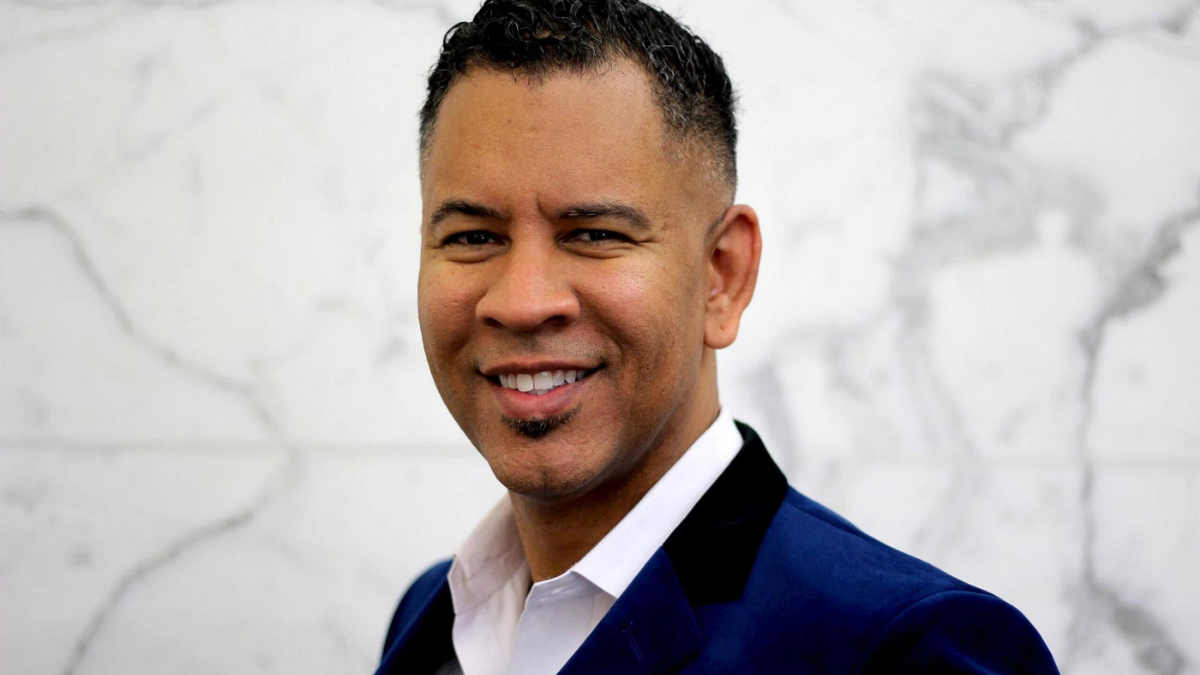

 Business3 years ago
Business3 years ago
 Business2 years ago
Business2 years ago
 Business2 years ago
Business2 years ago
 Business3 years ago
Business3 years ago
 Business3 years ago
Business3 years ago
 Business3 years ago
Business3 years ago
 Business3 years ago
Business3 years ago
 Business3 years ago
Business3 years ago













